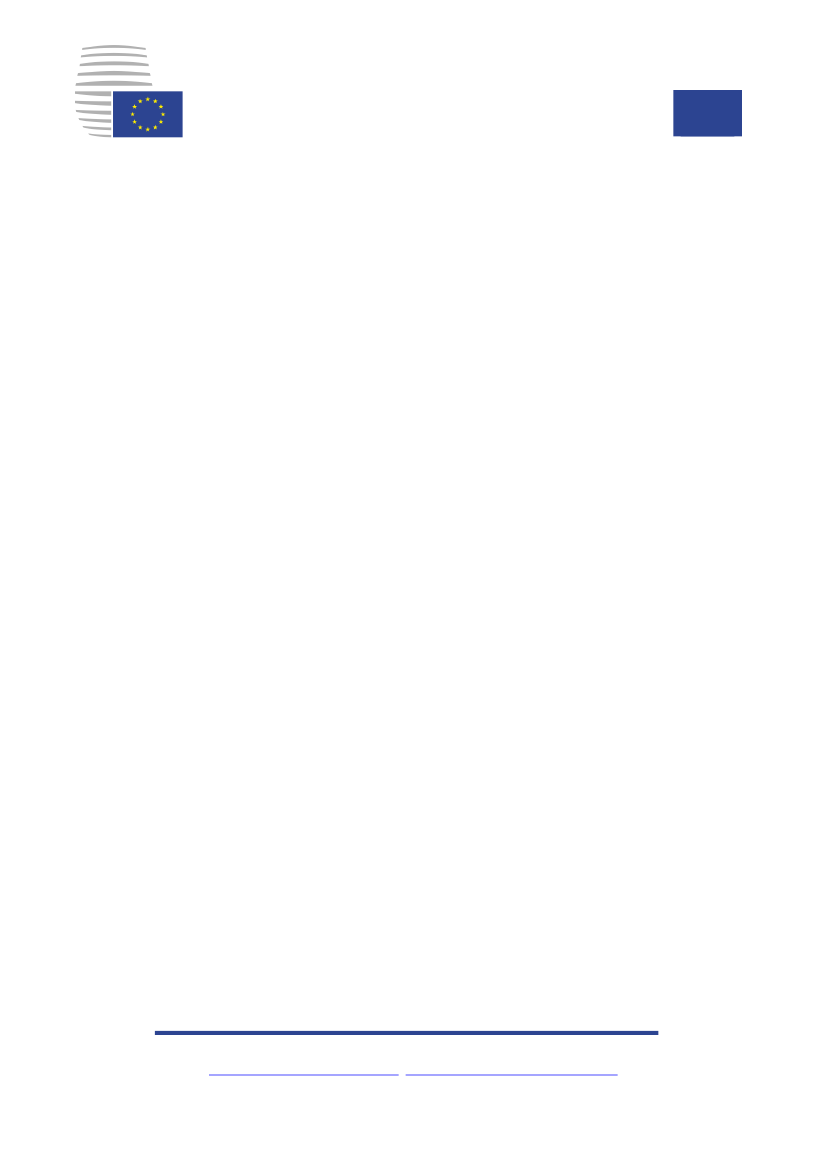
Council of the
European Union
14783/15
(OR. en)
EN
PRESSE 75
PR CO 67
OUTCOME OF THE COUNCIL MEETING
3431st Council meeting
Competitiveness (Internal Market, Industry, Research and Space)
Brussels, 30 November and 1 December 2015
Presidents
Étienne Schneider
Deputy Prime Minister, Minister for Economic Affairs,
Internal Security and Defence of Luxembourg
Marc Hansen
Secretary of State for Higher Education and Research of
Luxembourg
PRESS
Rue de la Loi 175 B – 1048 BRUSSELS Tel.: +32 (0)2 281 6319 Fax: +32 (0)2 281 8026
[email protected] http://www.consilium.europa.eu/press
14783/15
1
EN